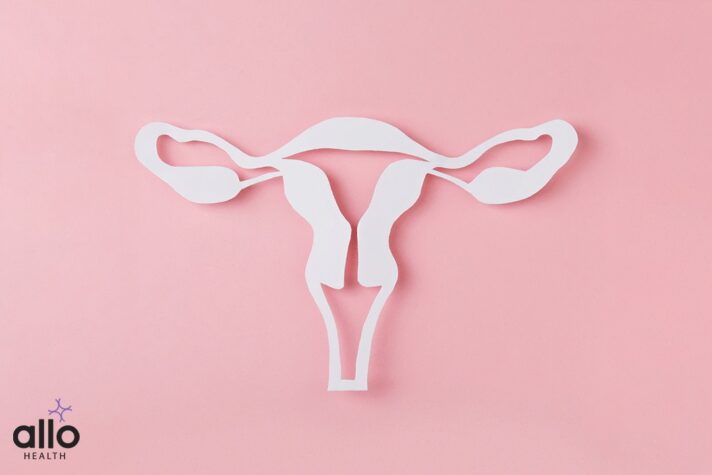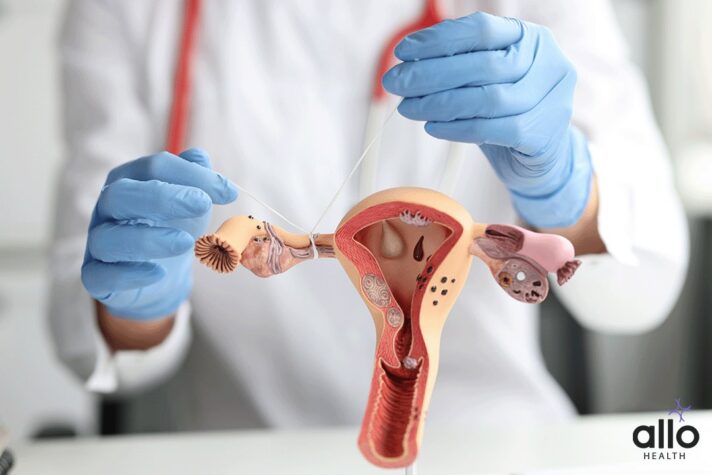7 min read
Anoush Gomes • 18 February, 2023
7 min read
Personal Sexual Growth - FEMALE Homepage
Your comprehensive guide to understanding about Personal Sexual Growth - FEMALE Homepage
Disclaimer
This handbook is not a substitute for medical advice or self-administered treatment.
If you are experiencing any sexual health concerns such as Female Sexual Disorders, we encourage you to book a call with our sexual heath experts to guide you through your queries and treatment.
Lesson 1
Female Reproductive System

The female reproductive system refers to the biological system made up of organs and tissues that are involved in the production, maturation, and transportation of eggs (ova) and the creation and maintenance of the conditions necessary for fertilization and gestation. It includes the ovaries, fallopian tubes, uterus, cervix, and vagina. These organs work together to allow a woman to become pregnant, support a developing fetus, and deliver a baby.
Lesson 2
Female Reproductive Organs

The female reproductive system is comprised of several organs and structures that work together to facilitate the process of reproduction. These organs and structures work together to support the menstrual cycle, fertilization, and pregnancy.
Lesson 3
Female Erogenous Zones

Low libido, or decreased sexual desire, is a common sexual dysfunction in women. It can be caused by physical factors such as hormonal imbalances, medications, or health conditions, as well as psychological factors such as stress, anxiety, or relationship problems. Symptoms of low libido in women include a lack of interest in sexual activity, difficulty becoming aroused, and decreased sexual fantasies or thoughts.
Lesson 4
Female Sexual Response Cycle

The Female Sexual Response Cycle Stages are an essential part of sexual health and wellbeing. Understanding the different stages of the cycle can help individuals to better understand their own sexual responses and needs, as well as communicate effectively with their partners.
The DEOR model is a helpful framework for understanding the different stages of the female sexual response cycle. DEOR stands for Desire, Excitement, Orgasm, and Resolution, and each stage represents a distinct aspect of the sexual experience.
Read more to understand each stage and what conditions – medical, sexual or psychological – can affect each stage.
Lesson 5
Vaginal Self Examination

Vaginal self-examination is a method for women to check for any changes or abnormalities in their vaginal health. It can be performed by visually inspecting the vulva, feeling for lumps or masses, and checking for unusual discharge or odors. It is recommended that women perform this exam once a month, especially after menstruation. However, it is important to remember that self-examination is not a substitute for regular check-ups with a healthcare provider and any concerns or abnormalities should be discussed with a doctor.